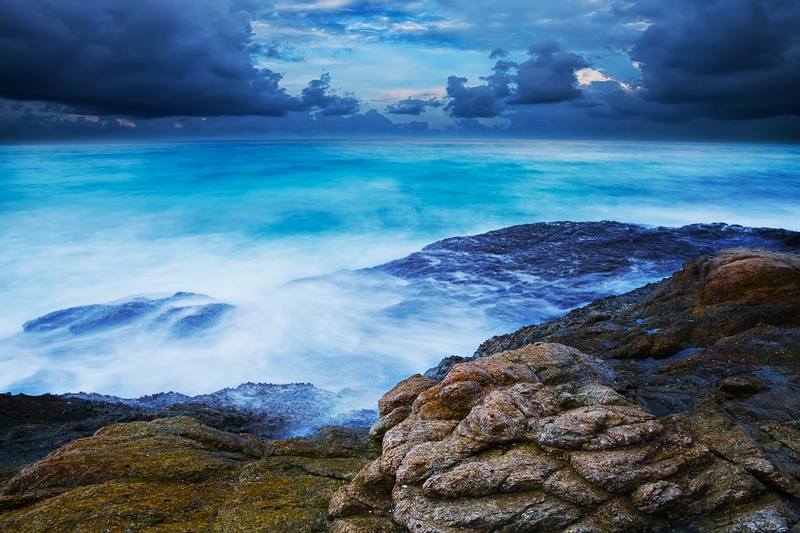
Did you know that 70% of the earth is covered by ocean? As you might imagine, all that water is vitally important to life on the planet. The oceans house millions of species of plants and animals. They provide humans with food and the materials needed to make a wide variety of medications and consumer products. They play a crucial role in regulating the world’s climate. And they facilitate commerce, tou rism and transport.
As important as the oceans are to the world, it wasn’t until recently that a day was designated to celebrate them. June 8th, 1992 was celebrated as the first World Oceans Day in Rio de Janeiro, Brazil. The United Nations made it an officially recognized holiday in 2008, and it is now coordinated by The Ocean Project and the World Ocean Network.
The purpose of World Oceans Day is to raise awareness of the importance of the ocean, as well as the problems that threaten its wellbeing. These include:
• Pollution – The world’s rivers are plagued by pollution from pesticides, fertilizers and other types of chemicals. A large percentage of that pollution eventually ends up in the ocean. This is in addition to the pollution that goes directly into the ocean from coastal activity and the illegal dumping of waste. All of that pollution is detrimental to ocean life, and it damages the environment as a whole.
• Overfishing – Fish are a very important part of the ocean’s ecosystem. They are also a major source of food for humans. While a certain amount of fishing is good for the ocean’s population, overfishing has reduced the populations of a number of species to a dangerously low level. This not only affects the individual species involved, but upsets the equilibrium of the entire ocean.
• Habitat destruction – Human activity such as coastal development, mining, anchoring and harmful or illegal fishing practices have resulted in the destruction of vital ocean habitats. As a result, aquatic plants and animals have fewer places to live, and their population is threatened. Coral reefs are especially vulnerable to habitat destruction.
• Global warming – The increasing use of fossil fuels has led to unprecedented amounts of greenhouse gases such as carbon dioxide in the atmosphere. This combined with other factors has led the earth’s temperature to increase over the past few decades. Global warming has a detrimental effect on the world’s oceans. It has influenced weather patterns and caused the melting of polar ice caps, which threatens to cause sea levels to rise worldwide. These trends threaten coastal areas with flooding, and could eventually put entire nations underwater.
Whether you live on the coast or many miles inland, the ocean affects your life in a big way. On World Oceans Day, take the time to celebrate the many gifts that the oceans have given us and think about how you can give back.

